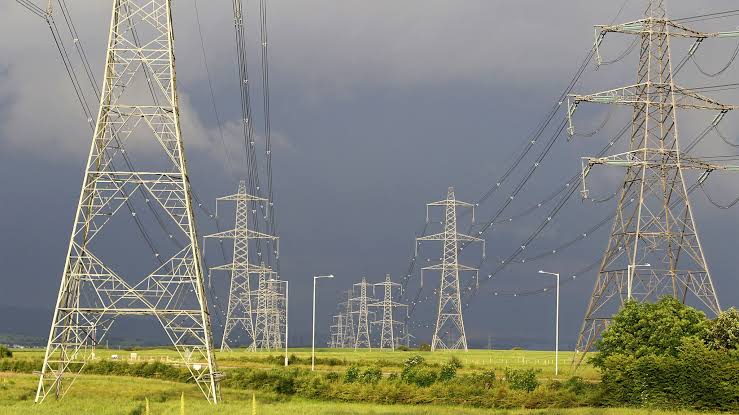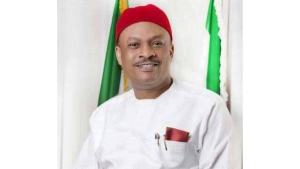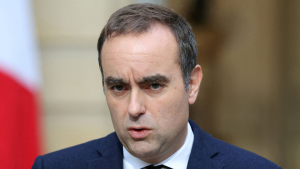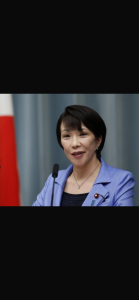
Power projects worth over N2 trillion remain uncompleted or have yet to commence across various parts of Nigeria, hindering efforts to improve electricity supply to the country’s population of over 230 million.
Despite years of initiatives and allocations aimed at resolving the nation’s electricity challenges, Nigeria’s power generation remains stagnant at an average of 4,500 megawatts. Investigations revealed that the uncompleted projects are predominantly in the power generation and transmission sub-sectors.
The National Integrated Power Project (NIPP), initiated in 2004 under former President Olusegun Obasanjo to address the country’s electricity deficit, has been one of the most significant initiatives. Initially funded with $2.5 billion from the Excess Crude Oil Account, subsequent funding increased the total investment to over $8 billion. Phase one of the NIPP aimed to construct 10 gas-fired power stations with a combined capacity of 4,528.5 megawatts.
Experts attribute the stalled projects to systemic issues, lack of transparency, and poor accountability. They warn that sustainable electricity is critical for Nigeria’s industrialization and job creation.
In the 2025 Appropriation Bill presented by President Bola Ahmed Tinubu, the power sector was allocated N2.087 trillion. However, concerns remain about whether these funds will address the backlog of incomplete projects.






